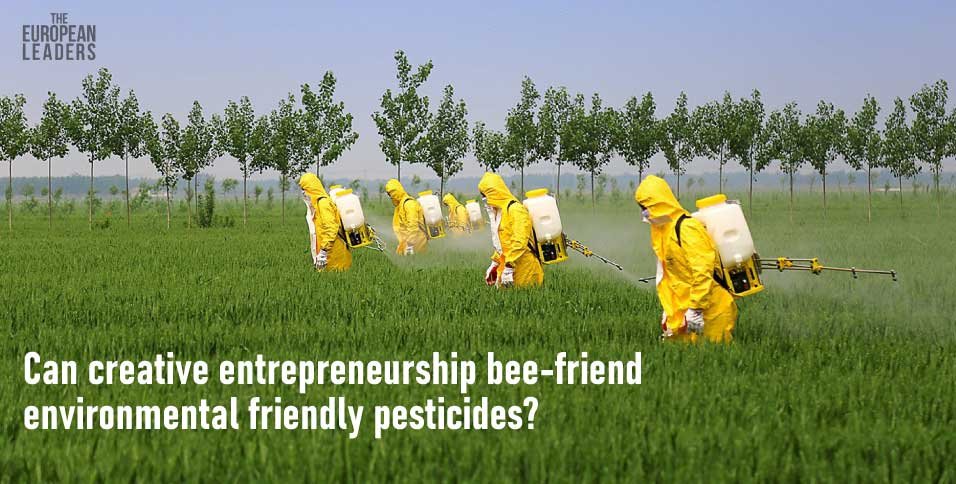The role of bees in pollination cannot be looked away from under any circumstances. In 2021, European Union firms proposed exporting over 13,200 tons of prohibited insecticides, which included approximately 2,930 tons of neonicotinoid active ingredients such as thiamethoxam, imidacloprid, or clothianidin. However, on January 23, 2023, the government made an announcement that for the third consecutive year, it would authorize the usage of the prohibited pesticide thiamethoxam, a neonicotinoid, on sugar beet crops in England for the year 2023. Remarkably, just a single teaspoon of neonicotinoid can prove fatal to 1.25 billion bees. Moreover, it seems that existing EU regulations contain gaps that permit the ongoing export of banned pesticides and the importation of products cultivated using these prohibited substances.
Biopesticides hold the potential to meet these necessary criteria and emerge as a crucial solution for addressing pest issues while promoting sustainable production. They become a practical solution when they are cost-effective, precise in their targeting, pose minimal risks to human health, biodegradable, and environmentally friendly. Biopesticides function as pest management agents that leverage biochemicals sourced from living microorganisms, insects, and plants.
Naturally, the first thought that would come to a lay mind is that there might persist challenges related to scaling and costing. But that is exactly what an entrepreneur is for. In order to scale-up the production of such pesticides, studies were conducted on the production of Bacillus thuringiensis based biopesticides to ascertain the performance of the process in shake flasks by using wastewater sludge as a raw material. The results showed that it was possible to achieve better oxygen transfer in the larger capacity fermenter. Viable cell counts increased by 38-55% in the bioreactor compared to shake flasks.
In biopesticide technology, four key areas of research include selecting biocontrol agents, formulating products, optimizing manufacturing and packaging processes, and refining application methods. Some users discontinue biopesticide use due to reliability issues, primarily stemming from unregistered, low-quality products with production techniques not meeting regulatory standards. Designed biopesticides must prioritize reliability, specificity, adaptability, and replicable effectiveness.
Agtech companies like Syngeta from Switzerland, BASF SE from Germany, Bayer AG from Germany are some companies who have really addressed these concerns and continue to do so. While it is not an activity which can be completely segregated from state policies, an endeavour in correct direction is imperative.
Also Read: What the new milestone in medical science research means for Europe








